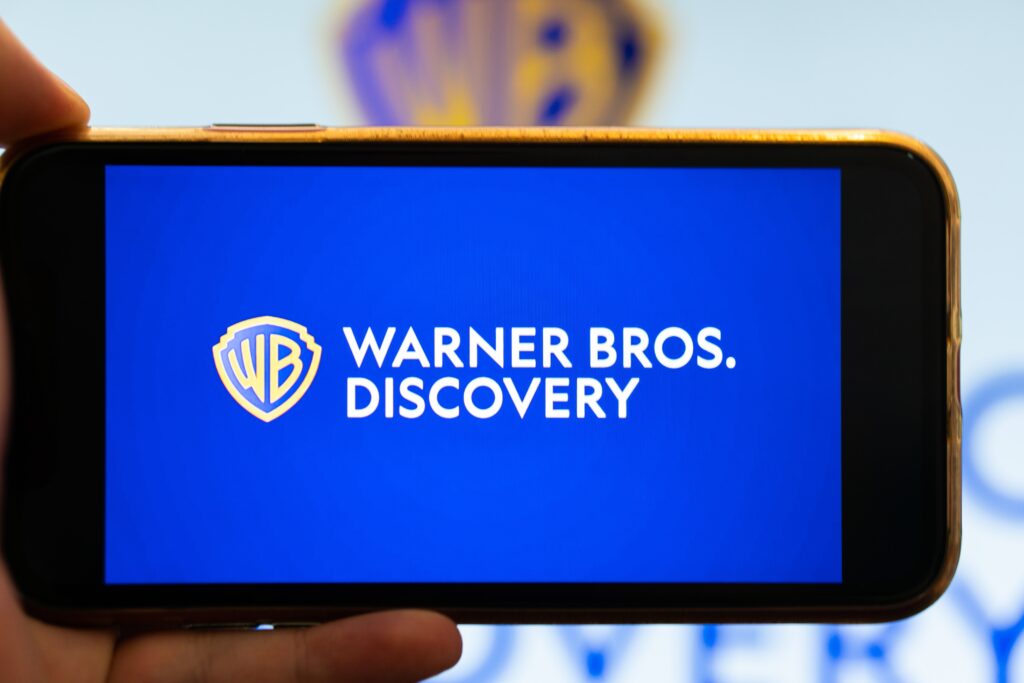For CTV advertisers, Warner Bros. Discovery’s first earnings report of the 2025 fiscal year was a bit of a mixed bag.
First, the bad news. The company failed to meet Wall Street’s expectations for the quarter, with total revenue dropping 10%, from $9.96 billion last year to $8.98 billion this year.
Advertising revenue in particular saw a dip. It was down 8% year over year for Q1, from $2.15 billion to $1.98 billion.
But there’s a silver lining where streaming is concerned.
Max, WBD’s primary streaming service, gained 5.3 million subscribers since Q4 for a grand total of 122.3 million subscribers overall.
Streaming revenue increased 8% to $2.66 billion compared to this time last year. And advertising revenue in streaming jumped significantly from $175 million to $237 million, a 35% growth increase YOY.
The “great demand” for streaming
On a call with investors on Thursday, WBS CEO David Zaslav shared that the publisher’s plan for this year’s TV Upfronts – which, as of writing, is a mere week away – is to focus on Max’s streaming inventory.
“The decline in the traditional business is being outrun by the increase in our subscriber and ad revenue, so that we’re net positive there,” he said.
That streaming growth is particularly impressive, considering that ad-supported content only started becoming available in the US market a little over a year ago and now exists in over 45 markets.
Plus, said JB Perrette, CEO and President of Global Streaming and Games, there’s been a “great demand” on ads in many of the company’s biggest markets, “up multiples of what they were even 12 months ago.”
On the other hand, as is increasingly common for earnings reports this quarter, WBD’s executive team also weighed in on the possibility that increased economic uncertainty might scare away advertisers and subscribers.
Upfront discussions might go a bit slower this year, said Chief Financial Officer Gunnar Wiedenfels. But that’s also being offset by the “strong scatter” of WBD’s diversified assets, as well as precautionary measures that the company started taking right after tariffs were first announced.
“It’s not how much, it’s how good”
Not mentioned outright was the news that Max has quietly removed over two hundred seasons of reality TV show programming from Discovery channel brands this month. Most of the reality show titles, like “90 Day Fiancé,” “My 600-lb Life” and “Diners, Drive-Ins and Dives,” were added to the service after HBO Max was merged with Discovery+ in 2023.
The streamer will also have less new sports content to fall back on. WBD’s sports portfolio will be affected by some outgoing and incoming rights, Wiedenfels said – specifically the loss of the NBA, which is moving exclusively to NBCUniversal, ESPN and Amazon Prime for the next 11 years.
When asked about WBD’s larger content licensing policy, Zaslav said the company’s goal has always been about quality over quantity.
“Consumers are looking at the quality content and saying that’s really what they want,” he said. “And we did get rid of a lot. That was a shift from when we took over and bought this company. We got rid of a lot of content, and with a lot of noise around it.”
Zaslav is referring to the controversial content purge that preceded the streaming merger in late 2022, which also saw the disappearance of HBO Max original series like “Station Eleven” and “Raised by Wolves.”
But that 2022 purge – and this one, too, presumably – was in line with WBD’s commitment to “not flood the zone” with content, said Zaslav.
“The future of Max is quality, quality, quality,” he said.

















